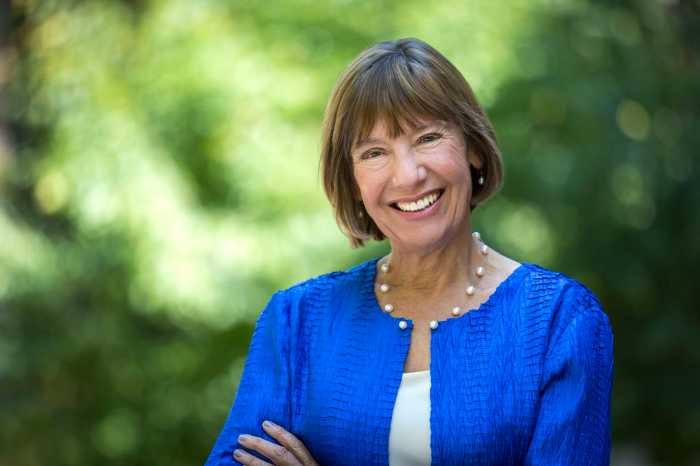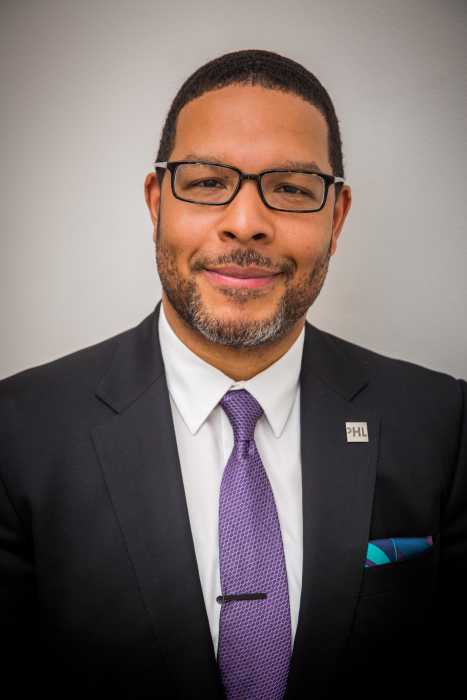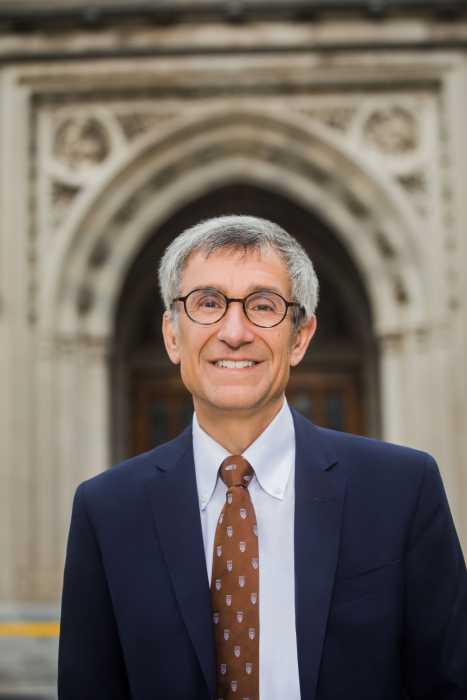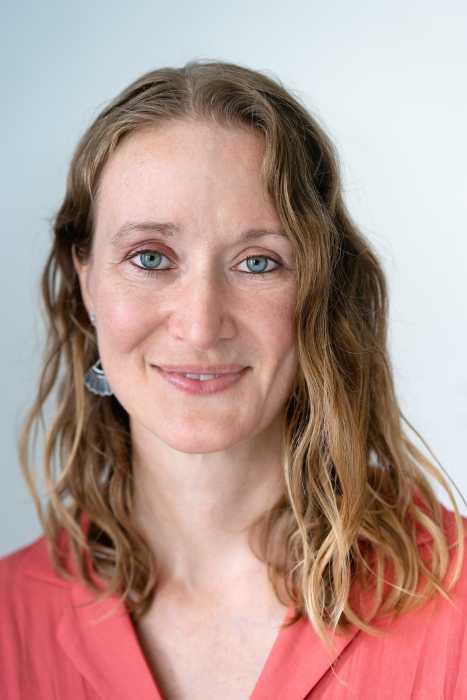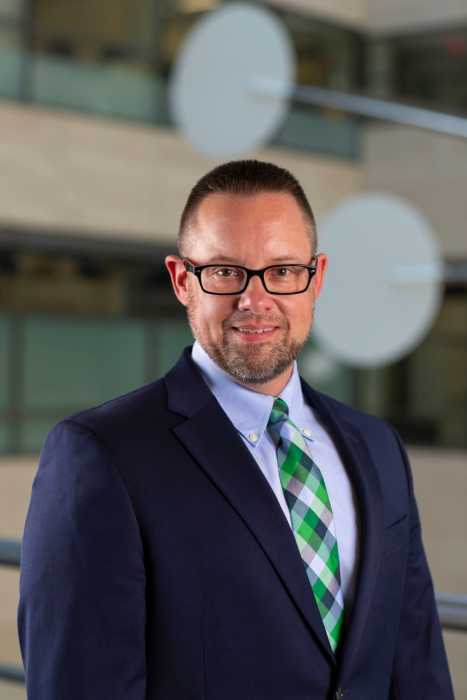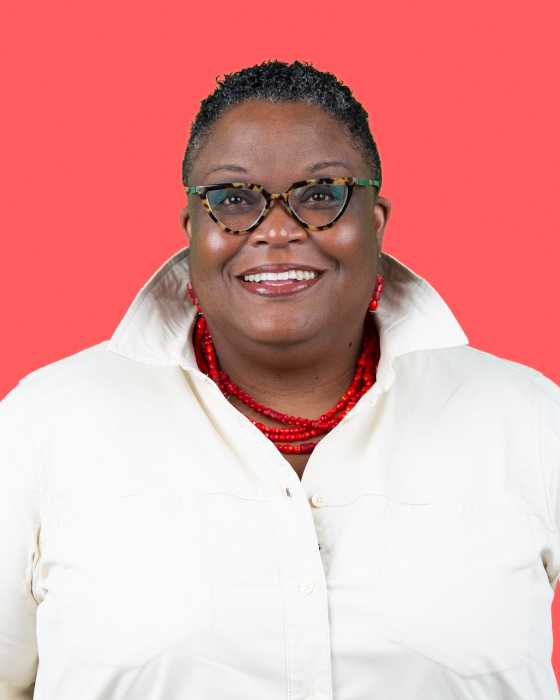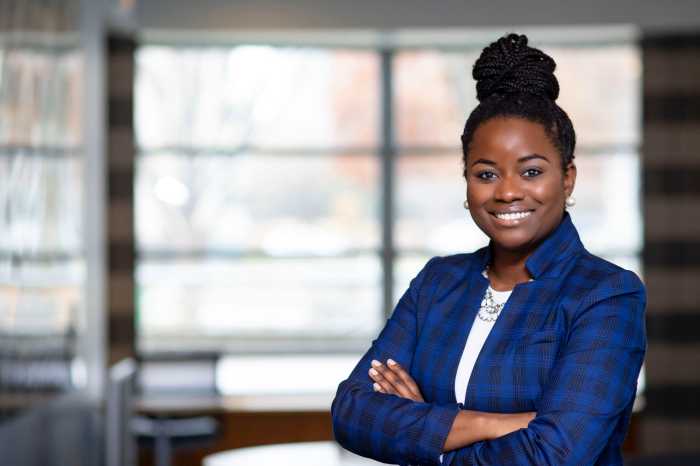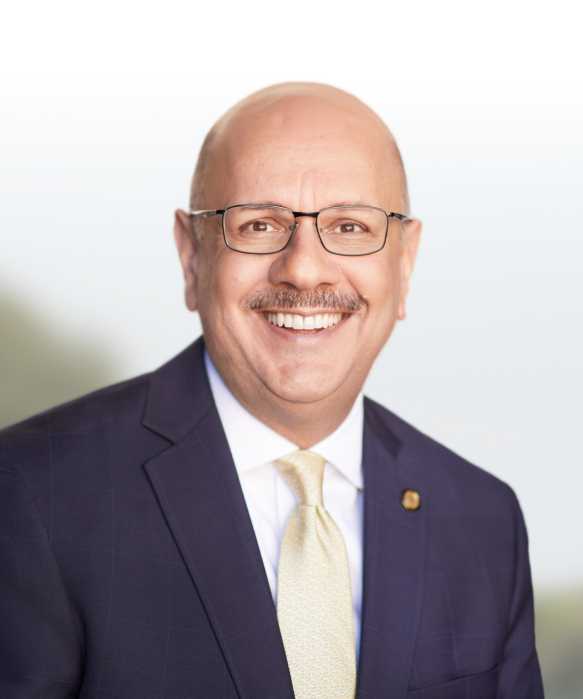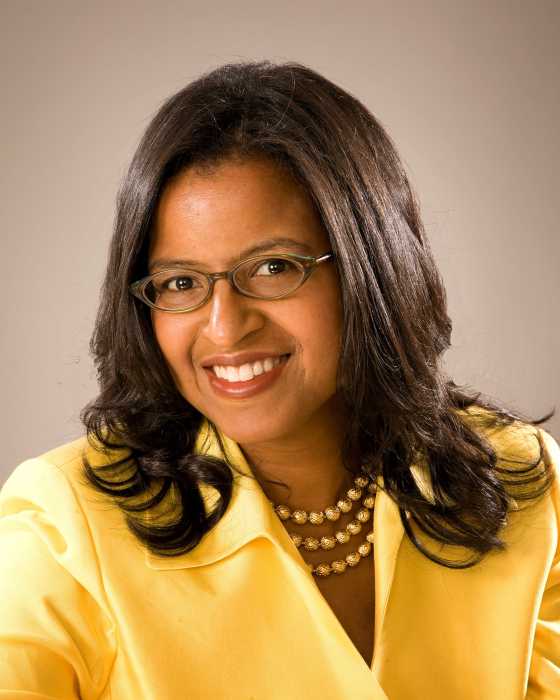Dr. Pam Grossman is the dean of the Graduate School of Education and the George and Diane Weiss professor of education at the University of Pennsylvania. Dr. Grossman’s research focuses broadly on teacher education and instructional quality. She was elected to the National Academy of Education in 2009 and to the American Academy of Arts and Sciences in 2017. She currently serves as board chair for the Spencer Foundation and as vice president of the National Academy of Education.
What is something you have learned from your students?
I’ve learned the importance of humility and trust in teaching. I’m humbled by the life experiences my students bring to the classroom and their passion to make a difference in the world. I’ve also learned to trust that if I can just wait long enough, students will have insights that often go well beyond my expectations and challenge my own understanding. The opportunity to learn with and from my students is one of the most profound gifts of teaching.
What was your favorite moment or experience in your own education?
I was fortunate enough to have some amazing teachers during my education, and my high school English teacher, Anne Wallach, changed my life through her passion for literature and teaching. I’ll never forget reading Walt Whitman’s Leaves of Grass for the first time as a 15-year-old. She took us to a nearby park to experience his poetry surrounded by eucalyptus trees. Anne Wallach inspired me to become an English teacher as well, and I was lucky enough to serve as her teaching assistant as a high school junior. Learning from her was a joy.
What conditions do you think are necessary for a safe and effective learning environment?
First, we need clean and healthy buildings for students and teachers alike. This should go without saying, but decades of disinvestment in our schools have led to too many unsafe buildings in cities around the country. Second, and most importantly, we need teachers who can create trusting relationships with students, who respect students and believe in their capacity to learn and grow. These are foundational elements to creating an effective learning environment. To do this work, teachers need and deserve leaders who create supportive and respectful school environments and invest in teachers’ continued professional learning.
How do we ensure those without privilege have equal access to quality education and opportunity?
Creating greater access to quality education begins with supporting high-quality early childhood education for all children, particularly those who have been historically underserved by our society. Dramatically reducing the number of children and families living in poverty must be a national priority. According to the work of Raj Chetty, creating more economically and racially diverse K-12 schools and neighborhoods would also increase access and opportunity. Finally, our country needs to invest in teachers.



